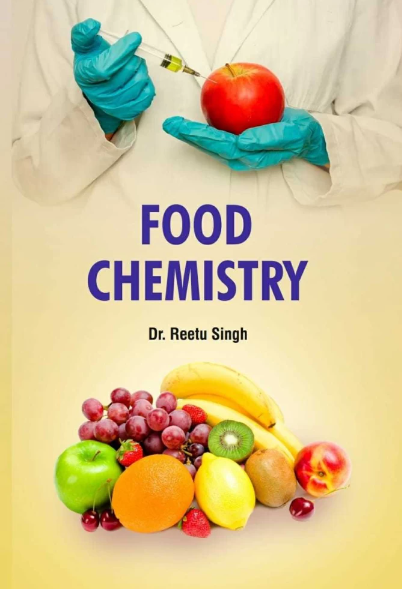揭示金属离子诱导南极磷虾油氧化机理——以反胶束的影响为重点
IF 9.8
1区 农林科学
Q1 CHEMISTRY, APPLIED
引用次数: 0
摘要
将水溶性铜(CuSO4)、油溶性铜和不同量的水添加到脱金属和脱水的南极磷虾油(AKO)中进行加速储存。结果表明,水溶性铜(100 μmol/kg 油)不能显著促进脱水南极磷虾油的氧化。而在加水的 AKO 中,水溶性铜(100 μmol/kg 油)比油溶性铜(100 μmol/kg 油)具有更强的促氧化性。同时,随着加水 AKO 储存时间的延长,反胶束的尺寸增大,油水界面的电负性和表面张力降低,而水溶性铜离子的加入加剧了上述变化。因此,推测 Cu2+ 在电荷的作用下被吸附到油水界面上,通过引发自由基连锁反应,促进界面上含有不饱和脂肪酸(UFAs)的磷脂和游离的 UFAs 氧化,从而加速 AKO 的氧化。本文章由计算机程序翻译,如有差异,请以英文原文为准。
Revealing the oxidation mechanism of Antarctic krill oil induced by metal ion: Focusing on the influence of reverse micelles
Water-soluble copper (CuSO4), oil-soluble copper and different amount of water were added to demetallized and dehydrated Antarctic krill oil (AKO) for accelerated storage. The results showed that water-soluble copper (100 μmol/kg oil) could not significantly promote the oxidation of dehydrated AKO. While water-soluble copper (100 μmol/kg oil) exhibited stronger prooxidative property than oil-soluble copper (100 μmol/kg oil) in AKOs adding water. Meantime, with prolonged storage time of AKO adding water, the size of reverse micelle increased, the electronegativity and surface tension of the oil-water interface decreased, and adding water-soluble copper ions aggravated the above changes. Therefore, it was speculated that Cu2+ is adsorbed to the oil-water interface by the action of electric charge to promote the oxidation of phospholipids containing unsaturated fatty acids (UFAs) and free UFAs present at the interface by initiating the free radical chain reaction, thereby accelerating the oxidation of AKO.
求助全文
通过发布文献求助,成功后即可免费获取论文全文。
去求助
来源期刊

Food Chemistry
工程技术-食品科技
CiteScore
16.30
自引率
10.20%
发文量
3130
审稿时长
122 days
期刊介绍:
Food Chemistry publishes original research papers dealing with the advancement of the chemistry and biochemistry of foods or the analytical methods/ approach used. All papers should focus on the novelty of the research carried out.
 求助内容:
求助内容: 应助结果提醒方式:
应助结果提醒方式:


